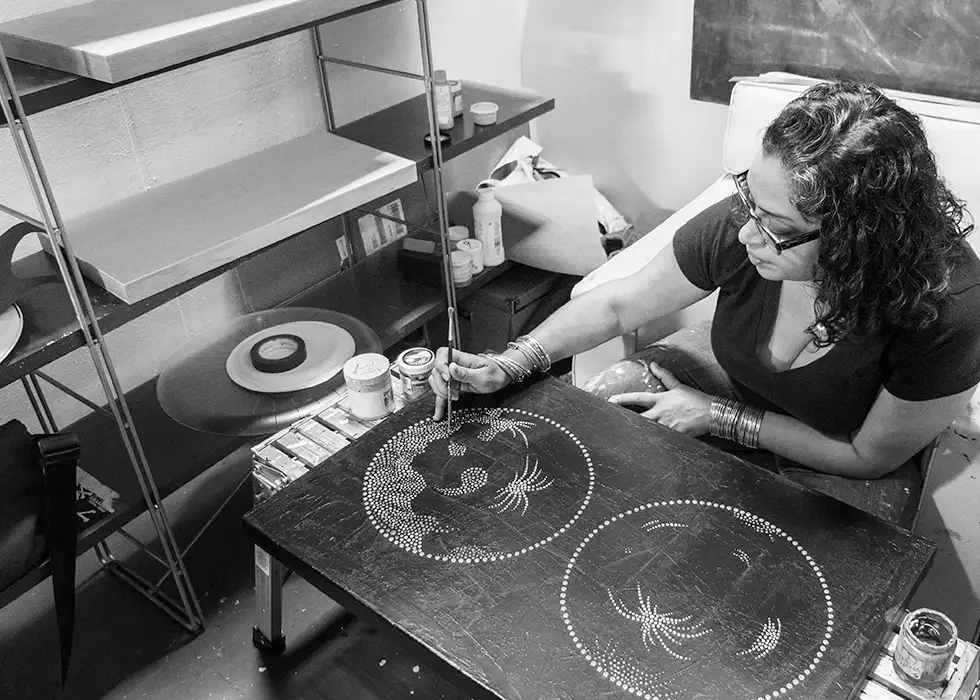Learn About Different Types of Loans
Major types of loans include personal loans, home loans, student loans, auto loans and more. Each type can be used for a different purpose, has different terms, requirements, and repayment structures.
There are some loans that are predatory and not worth pursuing, like payday loans and auto title loans. But it's still important that you know about them, namely so you can avoid predatory lending.
Learn more about 10 different types of loans below. Please note that not every lender will offer every type of loan.
1. Personal loans
Personal loans are among the most versatile types of loans, providing funds for pretty much any purpose, as long as it’s not illegal. Individual lenders may put restrictions on what their loans can be used for. For example, you generally can’t use a personal loan for college education.
Some lenders may offer numerous personal loan options for different purposes (like medical bills, debt consolidation or weddings), each with its own APR range.
2. Auto loans
Auto loans allow you to pay for a vehicle over time. They are usually secured by the car being financed, meaning that if you do not make your payments, the lender can repossess the car to get its money back. Auto loan rates depend on both whether the vehicle is new or used and the length of the life of the loan (five years is a typical length, for example).
You can also take out a loan for other types of vehicles too, like boats, jet skis, and ATVs.
3. Student loans
Student loans pay for education and education-related costs. That includes school tuition, housing, food, textbooks, transportation and more.
These loans are not supposed to be used for costs unrelated to school, though lenders do not monitor how the money gets spent. Even so, you should not take out a student loan to pay for anything unrelated to your education.
4. Mortgage loans
Mortgage loans allow you to purchase a house even though you don't have enough money to pay for it up front. With a mortgage, you can live in your home before you've paid the full price for it.
But the financial institution that issued the loan owns the house until the mortgage gets fully paid off. Mortgages are a type of secured loan, with the house used as collateral. If you default on your mortgage, you could be in danger of losing the house.
5. Home equity loans
Home equity loans are just as versatile as personal loans. You can use them for just about anything. The amount of money that you can take out depends on the equity in your home, which is the house’s worth minus the balance left on the mortgage. Depending on those values, a home equity loan may offer higher dollar amounts than personal loans.
Home equity loans are similar to another product called home equity lines of credit (HELOC). Both are secured by your house. The difference is that a HELOC functions like a credit card. You can borrow up to a certain amount of money at any time, but you don't have to use the funds if you don't need them, whereas a home equity loan disburses the funds to you all at one time, so you'll pay interest on the full amount.
6. Credit-builder loans
You could use a credit-builder loan when you don’t need to borrow money but want to establish or reestablish a history of timely payments to help improve your credit.
With a credit-builder loan, a financial institution puts money into a savings account. Then you pay off this amount to the lender over time, plus interest.
The lender reports payments to the credit bureaus each month, which helps to build your credit history. At the end, you get access to the savings account.
Essentially, credit-builder loans work in the reverse of a normal loan. Instead of getting money and then paying it back in installments, you pay money in installments and then get a lump sum at the end.
7. Loans from friends or family
You might have the option to get a loan from a friend or family member rather than a financial institution. The major benefit to this is the potential for a low interest rate, or even no interest, along with flexible repayment terms.
That, of course, depends on how generous the friend or family member is. But they will not have the power to pull your credit report directly, and are less likely to care about your credit score.
When borrowing from someone you know, it’s important to draw up and sign a loan agreement so that you can be held accountable for borrowing. And it’s important to take borrowing from this person as seriously as borrowing from a financial institution; doing otherwise would be a breach of trust.
8. Payday loans
Payday loans are extremely predatory short-term loans that must be paid back with interest when you receive your next paycheck. These loans are usually $500 or less, and the lender will often charge a fee equivalent to a 400%+ APR.
Because the loans are secured by your upcoming paycheck, they are available to people who have bad credit. However, due to the enormously high costs, you should absolutely not pursue these types of loans.
9. Auto title loans
Auto title loans are loans secured by the car's title, the document that grants legal ownership of a car. You could get 25% to 50% of your car’s value upfront, and pay it back over a short term, usually only 15 to 30 days.
If you cannot pay in full within that period, it may be possible to “roll over” the loan for another month in exchange for additional fees.
The costs for an auto title loan can end up being as much as 25% of the loan amount. And if you can't pay off the loan, the lender can take your car.
These loans, like payday loans, should be actively avoided.
10. Pawn shop loans
Pawn shops let people bring in items and receive 20% to 60% of their value in return. The pawn shop takes temporary possession of the item but is not allowed to sell it for a certain amount of time, often a few months.
The person who pawned the item can come back at any time during this period and pay off the loan plus interest (which can range from around 2% to 25% per month).
If they do, they get their item back. Otherwise, the pawn shop can sell the item to make its money back.
What type of loan is right for you?
While there are many different types of loans available, there is usually one type that will work the best in any given circumstance.
Student loans are best for education, auto loans are best for cars, and so on. For other expenses like medical bills, debt consolidation, and more, personal loans are usually the way to go.
Keep in mind that it’s best to take out a loan only when it’s a necessary expense, such as buying a car or house, paying for medical bills, or refinancing existing debt.
Using them for vacations or purchasing big luxury items beyond your means can lead to racking up unnecessary and expensive debt. That won’t be good for your wallet or your credit score.




